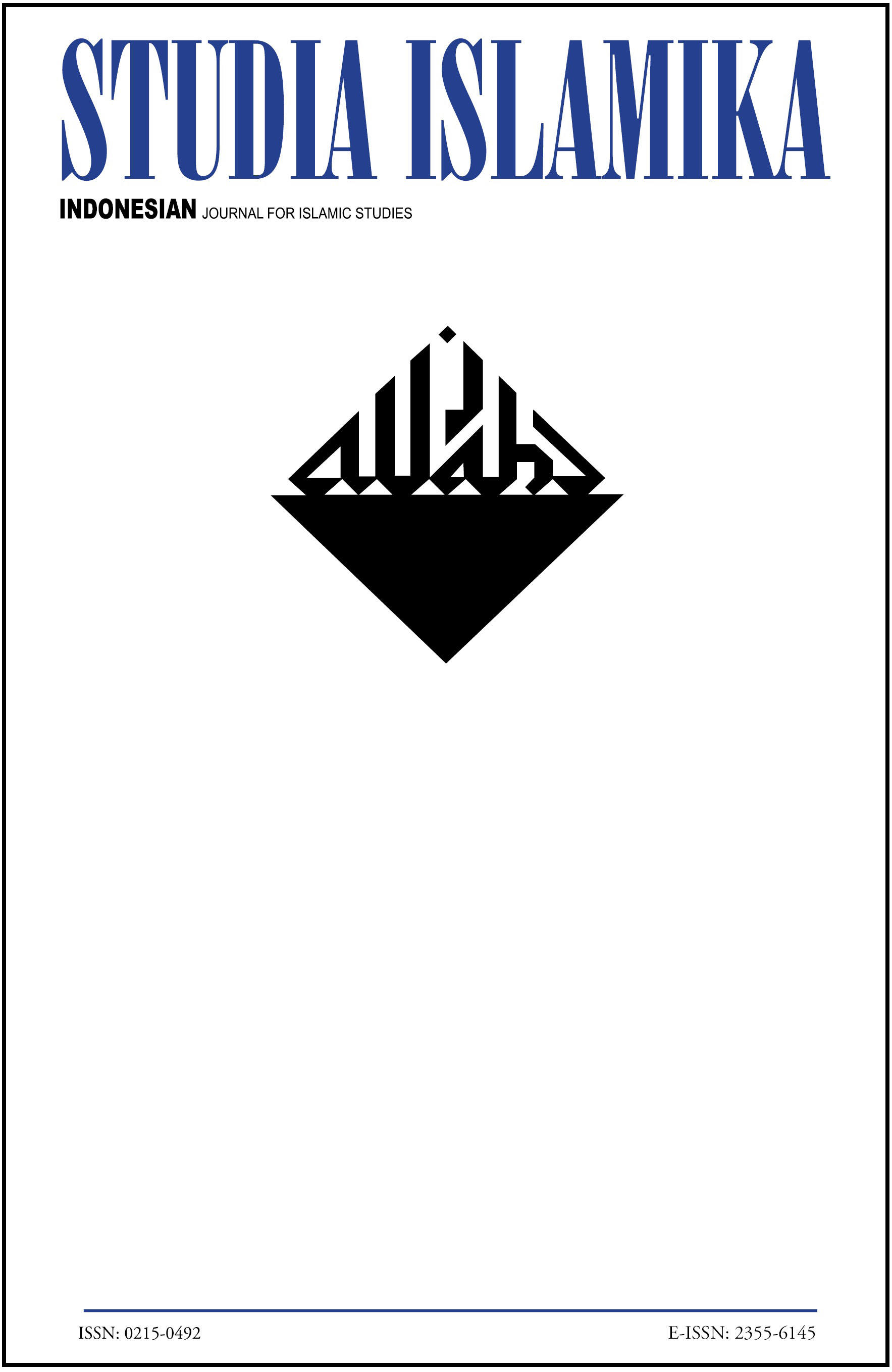Abstract
Mirjam Kunkler and Alfred Stepan (eds). 2013. Democracy and Islam in Indonesia. New York: Columbia University Press. xv + 252pp.Donald L. Horowitz. 2013. Constitutional Change and Democracy in Indonesia. Cambridge: Cambridge University Press. xviii + 326pp.The two reviewed books provide explanations for the success of Indonesia’s democratization. Kunkler and Stepan’s (2013) edited volume, Democracy and Islam in Indonesia, emphasizes the political actors (agency) in explaining democratization in Indonesia. Meanwhile, Horowitz’s (2013) Constitutional Change and Democracy in Indonesia focuses on institutions and the strategies of institutional reform chosen by political actors during democratization. Both works provide careful evaluation on the relatively stable development of Indonesian democracy. Examining the social, political, and institutional foundations that facilitate the consolidation of Indonesia’s democracy, the two works analyze why and how the democratic transition in Indonesia proceeded to a consolidation stage. Different form Kunkler and Stepan’s edited volume, which evaluates the state of Indonesian democracy by refererring to the criteria offered by democratic consolidation framework, Horowitz’s work moves farther revealing why the democratic processes have occurred in the sequence and manner that they did.DOI: 10.15408/sdi.v22i3.2411References
Altman, D., dan A. Pérez-Liñán. 2002. “Assessing the Quality of Democracy: Freedom, Competitiveness and Participation in Eighteen Latin American Countries.” Democratization 9(2): 85–100.
Diamond, Larry Jay. 1999. Developing Democracy: Toward Consolidation. Baltimore: Johns Hopkins University Press.
Fish, M. Steven. 2002. “Islam and Authoritarianism.” World Politics 55(01): 4–37.
Hefner, Robert W. 2000. Civil Islam: Muslims and Democratization in Indonesia. Princeton, NJ: Princeton University Press.
Horowitz, Donald L. 2013. Constitutional Change and Democracy in Indonesia. Cambridge: Cambridge University Press.
Huntington, Samuel P. 1984. “Will More Countries Become Democratic?” Political Science Quarterly 99(2): 193–218.
———. 1996. 151 The Clash of Civilisations and the Remaking of the Modern World. New York: Simon & Schuster.
Kedourie, Elie. 1994. Democracy and Arab Political Culture. London: Frank Cass.
Künkler, Mirjam, dan Julia Leininger. 2009. “The Multi-Faceted Role of Religious Actors in Democratization Processes: Empirical Evidence from Five Young Democracies.” Democratization 16(6): 1058–92.
Künkler, Mirjam, dan Alfred C. Stepan, eds. 2013. Democracy and Islam in Indonesia. New York: Columbia University Press.
Linz, Juan J., dan Alfred C. Stepan. 1996. Problems of Democratic Transition and Consolidation: Southern Europe, South America, and Post-Communist Europe. Baltimore: Johns Hopkins University Press.
Lussier, Danielle N., dan M. Steven Fish. 2012. “Indonesia: The Benefits of Civic Engagement.” Journal of Democracy 23(1): 70–84.
Mujani, Saiful. 2007. Muslim Demokrat: Islam, Budaya Demokrasi, Dan Partisipasi Politik Di Indonesia Pasca Orde Baru. Jakarta: Gramedia Pustaka Utama.
O’Donnell, Guillermo. 2001. “Illusion about Consolidation.” Dalam The Global Divergence of Democracies / Edited by Larry Diamond and Marc F. Plattner, A Journal of Democracy Book, eds. Larry Jay Diamond dan Marc F. Plattner. Baltimore: Johns Hopkins University Press.
Rustow, Dankwart A. 1970. “Transitions to Democracy: Toward a Dynamic Model.” Comparative politics 2(3): 337–63.
Stepan, Alfred. 2007. “The World’s Religious Systems and Democracy: Crafting the ‘Twin Tolerations.’” Dalam Arguing Comparative Politics, Oxford: Oxford University Press.
———. 2011. “The Multiple Secularisms of Modern Democratic and Non-Democratic Regimes.” Dalam Rethinking Secularism, eds. Craig J. Calhoun, Mark Juergensmeyer, dan Jonathan VanAntwerpen. Oxford: Oxford University Press.
Tessler, Mark. 2002. “Islam and Democracy in the Middle East: The Impact of Religious Orientations on Attitudes Toward Democracy in Four Arab Countries.” Comparative Politics: 337–54.
Authors who publish with this journal agree to the following terms:
- Authors retain copyright and grant the journal right of first publication with the work simultaneously licensed under a Creative Commons Attribution License that allows others to share the work with an acknowledgement of the work's authorship and initial publication in this journal.
- Authors are able to enter into separate, additional contractual arrangements for the non-exclusive distribution of the journal's published version of the work (e.g., post it to an institutional repository or publish it in a book), with an acknowledgement of its initial publication in this journal.
- Authors are permitted and encouraged to post their work online (e.g., in institutional repositories or on their website) prior to and during the submission process, as it can lead to productive exchanges, as well as earlier and greater citation of published work.

